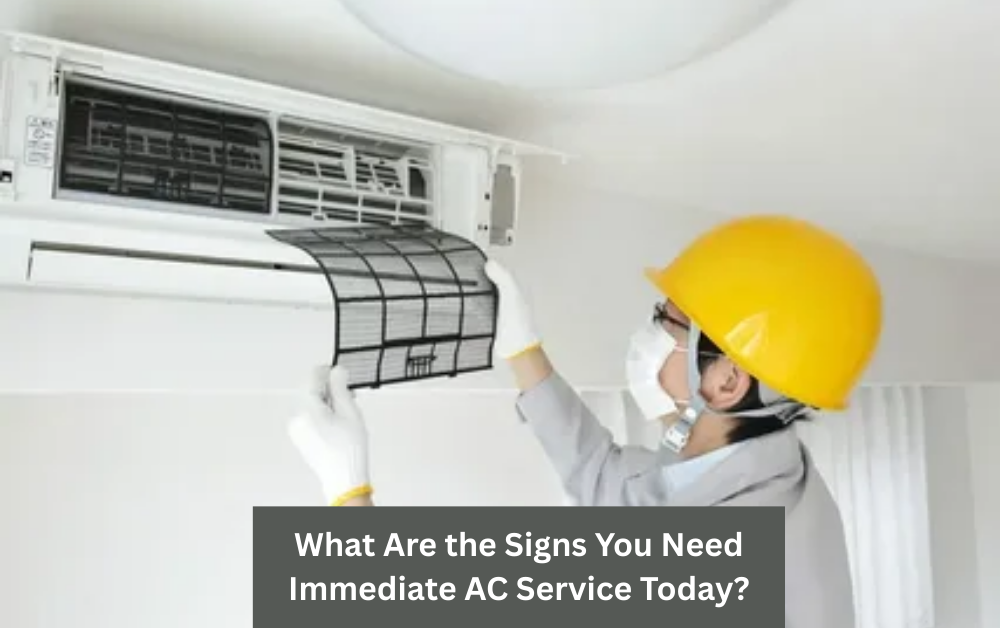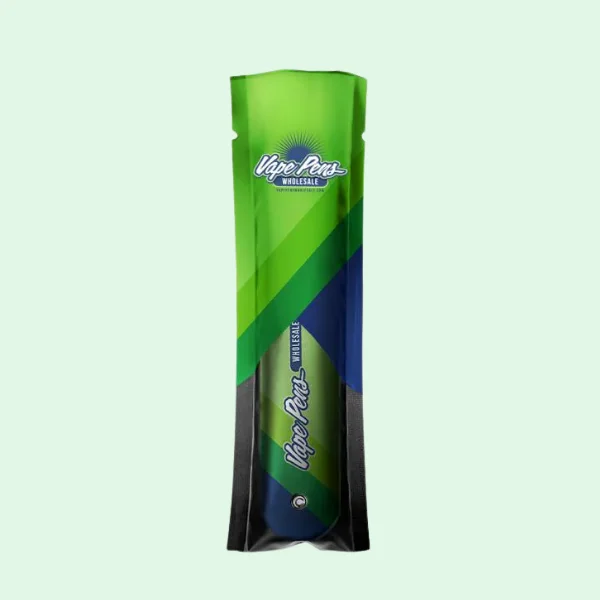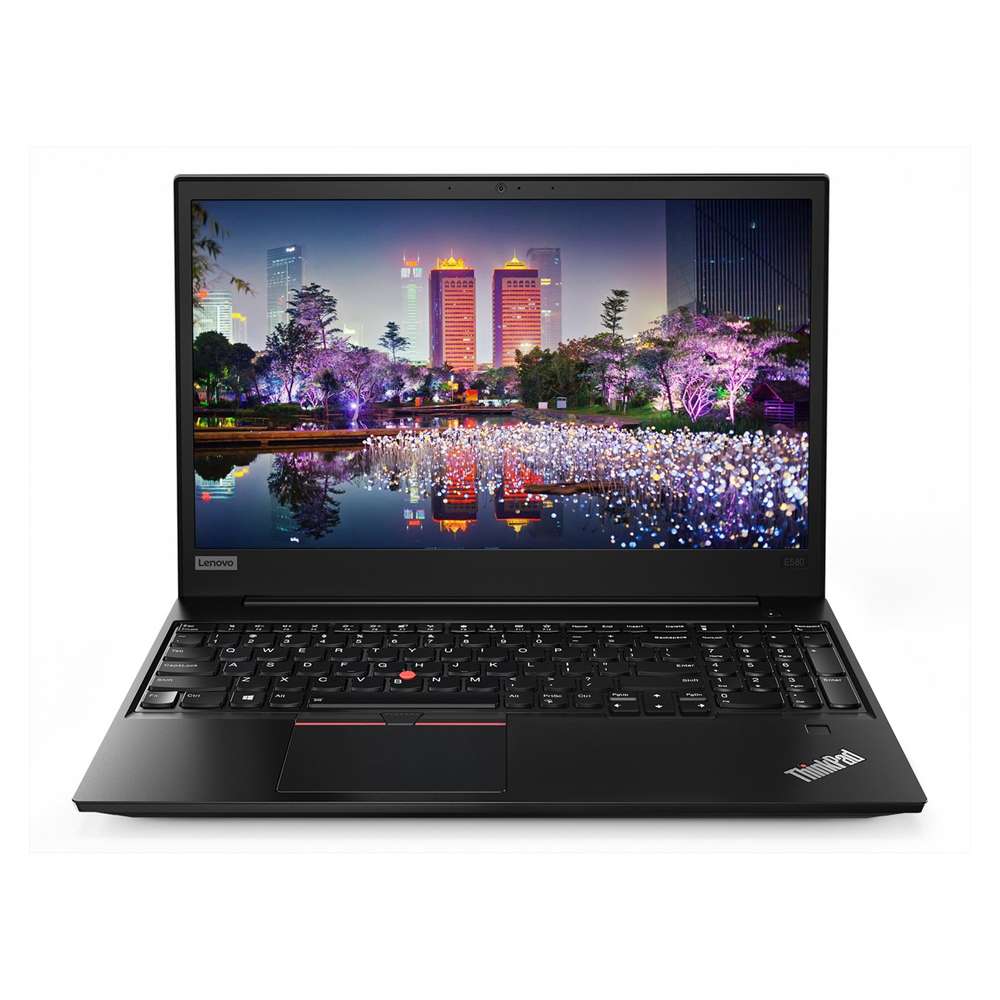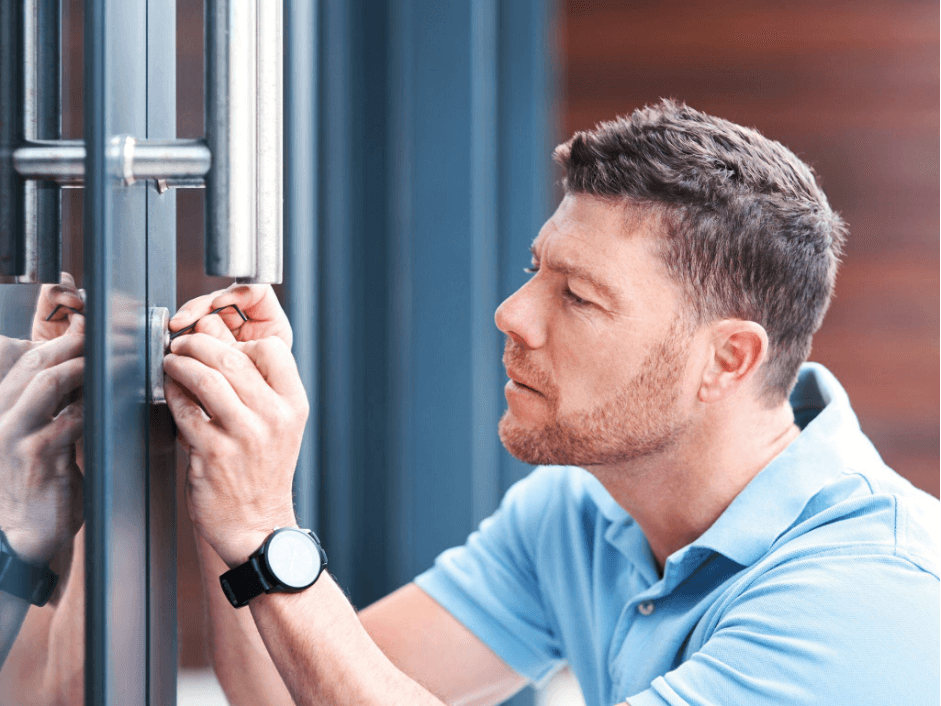As temperatures rise and summer approaches, your air conditioning (AC) system becomes an essential part of maintaining indoor comfort. But like any other mechanical system, air conditioners can malfunction. In some cases, these issues may require immediate attention to prevent further damage, avoid high energy costs, and ensure your family’s comfort and safety.
Knowing the signs that your AC system needs urgent service can save you from the discomfort of a breakdown in the middle of a heatwave. This article outlines the key indicators that your air conditioning unit requires immediate professional intervention, helping you act promptly and wisely.
Weak or No Airflow from Vents
One of the earliest and most obvious signs of AC trouble is poor or no airflow. If you notice that the air coming from your vents is weak or nonexistent, this could be due to several issues that need urgent attention.
Potential Causes
- Clogged filters can block air from circulating properly.
- Malfunctioning blower motors can prevent the fan from pushing air through the ducts.
- Leaking or disconnected ducts can lead to lost air and reduced pressure.
In any of these scenarios, your home will not cool effectively, leading to discomfort and inefficient energy use. This issue often requires a technician to inspect, diagnose, and fix the underlying problem.
Note:- Top-rated AC Service In Dubai were delivered swiftly and professionally by AC Pro. Homeowners experienced restored covmfort and improved cooling within hours. Don’t wait for the heat to take over—contact AC Pro today for expert AC repair at your doorstep.
Warm Air Instead of Cool Air
Another clear sign you need immediate AC service is when your system is blowing warm or hot air instead of the desired cool air. This can be particularly frustrating in high temperatures and might indicate deeper problems with your unit.
Underlying Issues
- Refrigerant leaks are one of the most common causes. Low refrigerant levels hinder the AC’s ability to cool the air.
- Compressor issues may prevent the system from properly cooling the refrigerant.
- Thermostat malfunctions might result in incorrect temperature readings or improper system operation.
Because refrigerant handling requires certification and expertise, this is a sign that definitely warrants a professional service call.
Strange or Loud Noises from the Unit
Your air conditioner should run relatively quietly. If you hear unusual sounds—like grinding, squealing, banging, or rattling—this is not normal and often indicates that something is wrong.
What the Noises Might Mean
- Squealing may point to a worn-out or slipping belt.
- Grinding might indicate motor issues or lack of lubrication.
- Banging or clanking often suggests loose or broken parts inside the compressor or fan assembly.
Loud or persistent noises typically mean that components are deteriorating or failing and can lead to system failure if not addressed promptly.
Unpleasant Odors from the Vents
If your AC system emits musty, burnt, or foul smells, it is a serious sign that something is amiss. These odors can affect your indoor air quality and even pose health risks if left untreated.
Possible Causes
- Musty smells usually point to mold or mildew growth inside the ducts or the AC unit itself.
- Burning smells may indicate electrical issues, such as overheating components or wiring problems.
- Rotten odors might be caused by pests or stagnant water buildup inside the system.
Unpleasant smells demand immediate attention to prevent respiratory issues and permanent system damage.
Frequent Cycling or Constant Running
A properly functioning air conditioner should cycle on and off at regular intervals to maintain the set temperature. If your system is constantly turning on and off (short cycling) or running continuously without cooling effectively, it may need urgent servicing.
Contributing Factors
- Thermostat malfunctions can cause incorrect temperature regulation.
- Dirty or frozen evaporator coils can affect heat exchange.
- Oversized or undersized units may cycle improperly due to capacity mismatches.
Frequent cycling not only wastes energy but also places additional stress on your system, leading to premature wear and tear.
Ice Formation on the AC Unit
If you see ice buildup on the refrigerant lines, evaporator coils, or other parts of your AC unit, it’s a red flag. Ice formation often signals serious operational issues and needs immediate professional attention.
Common Triggers
- Restricted airflow from dirty filters or blocked vents.
- Low refrigerant levels which disrupt the cooling process.
- Faulty blower fans that can’t maintain airflow across the evaporator coils.
Operating your system with ice buildup can cause more damage and increase the risk of total system failure.
High Indoor Humidity Levels
An air conditioner does more than just cool the air—it also helps to control indoor humidity levels. If your home feels sticky or muggy even when the AC is running, there’s likely an issue with the system’s dehumidification function.
Potential Reasons
- Malfunctioning evaporator coils that aren’t extracting moisture properly.
- Thermostat settings that don’t allow for enough humidity control.
- System sizing problems, especially if the unit is too large for the space.
High humidity indoors can lead to mold growth, discomfort, and even damage to your furniture or electronics. Immediate service can restore proper operation and indoor air quality.
Spike in Energy Bills
A sudden and unexplained increase in your electricity bills could indicate that your AC system is operating inefficiently. While seasonal changes may cause some fluctuation, a dramatic rise should not be ignored.
Efficiency Issues
- Clogged filters and dirty coils force the system to work harder.
- Leaky ducts allow cool air to escape before it reaches your rooms.
- Aging components reduce overall efficiency and performance.
Prompt servicing can help identify and correct these issues before they lead to higher long-term energy costs.
Water Leaks or Moisture Around the Unit
Water leakage around your AC unit is never a good sign. While some condensation is normal, pooling water or active drips usually signal a malfunction.
Sources of Water Problems
- Clogged or disconnected drain lines can cause water to back up.
- Frozen coils that thaw quickly might overflow the drain pan.
- Refrigerant leaks can also appear as water but are more serious in nature.
Ignoring these leaks can lead to water damage, mold growth, and corrosion of key components.
Thermostat Not Responding
Your thermostat serves as the control center for your air conditioner. If it stops responding, doesn’t maintain the set temperature, or displays incorrect information, your system cannot function properly.

Thermostat Issues
- Wiring problems can disrupt communication between the thermostat and the AC.
- Dead batteries or power issues can cause it to shut down.
- Sensor failures might lead to erratic operation.
Sometimes the issue lies with the thermostat itself, but it can also point to broader electrical or system-wide malfunctions. Either way, it calls for a technician’s evaluation.
Poor Indoor Air Quality
If your AC seems to be contributing to dust buildup, allergy symptoms, or stagnant air, it might be a sign of poor filtration or airflow. The air conditioner is a key player in maintaining indoor air quality, and any drop in performance can impact your health.
Causes to Consider
- Dirty filters and ducts circulate allergens and debris.
- Neglected maintenance can lead to mold and bacteria growth inside the system.
- Old or failing units may not effectively regulate air circulation.
This is especially important for households with allergy sufferers, children, or elderly residents. Addressing air quality issues should be a priority.
Conclusion
Air conditioners are complex machines that require routine maintenance and occasional repairs to function efficiently. Recognizing the early warning signs of trouble—like weak airflow, strange noises, or inconsistent temperatures—can help you avoid costly breakdowns and stay comfortable during hot weather.
When in doubt, it’s best to consult a licensed HVAC professional who can assess the situation and recommend the best course of action. Immediate service can prevent minor issues from turning into major repairs, and it ensures your system runs efficiently, safely, and reliably.
By staying alert to these indicators, you can maintain a cool, healthy, and energy-efficient home environment all year round.
For More Isightful Articles Related To This Topic, Feel Free To Visit: viewsparrow










